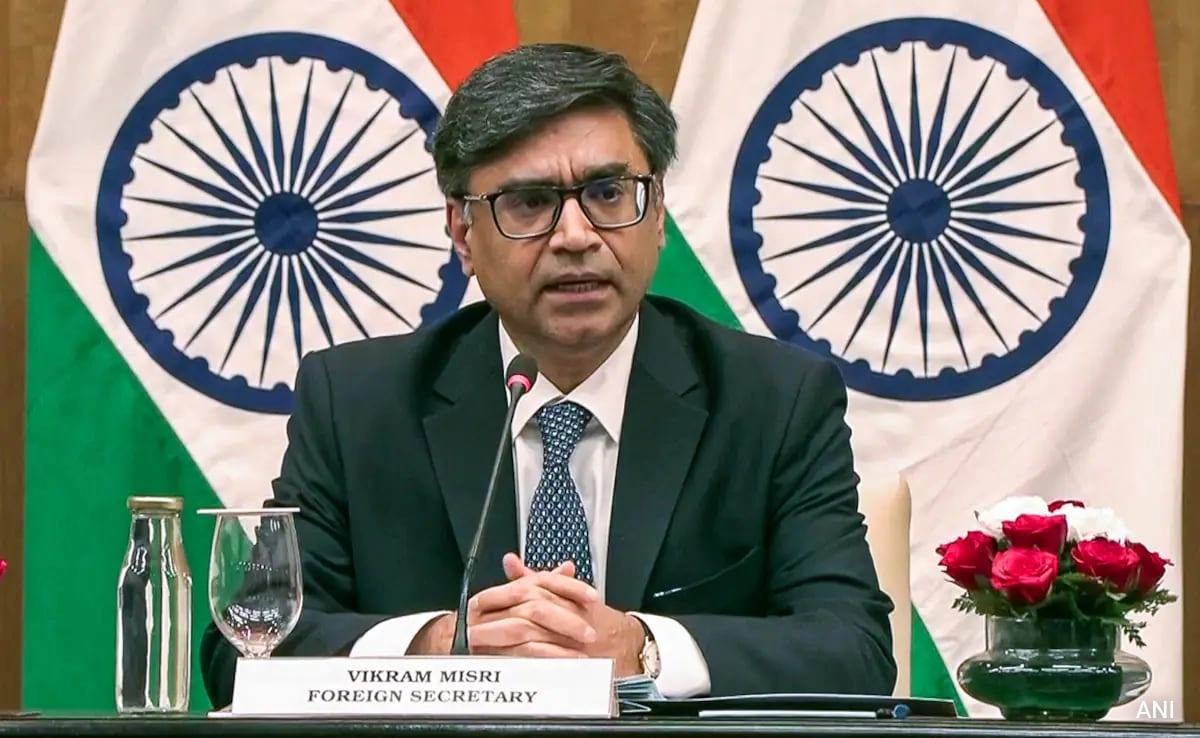In a significant diplomatic development, India has issued a stern warning regarding Pakistan’s recent actions pertaining to the Indus Water Treaty. India’s response comes in light of Pakistan’s announcement to suspend the treaty, which has governed the sharing of river waters between the two nations since its inception in 1960. The Indus Water Treaty, facilitated by the World Bank, has been a cornerstone of bilateral relations, ensuring that both countries have access to the vital water resources of the Indus River system. India’s sharp retort underscores the importance of this treaty not only as a matter of water security but also as a symbol of cooperation that both nations have maintained over the decades.
India’s official stance emphasizes that any unilateral decision by Pakistan to suspend or alter the treaty will not be taken lightly. The Indian government has reiterated its commitment to upholding the provisions of the treaty while firmly asserting that any actions contrary to this agreement could lead to serious consequences. India has called upon the international community to recognize the significance of the treaty and to hold Pakistan accountable for its attempts to undermine a critical framework that has fostered stability and mutual dependency in water resource management between the two countries.
Furthermore, India’s response is indicative of its broader strategy to address issues of water security and geopolitical stability in the region. By firmly defending the treaty, India is not only protecting its own interests but also reinforcing its position as a responsible regional power committed to sustainable practices and cooperative governance. The implications of this diplomatic exchange extend beyond mere water management; they also reflect the intricate interplay of national security, regional cooperation, and international diplomacy. As tensions continue to simmer, the future of the Indus Water Treaty may well hinge on the willingness of both nations to engage in constructive dialogue rather than resorting to unilateral actions that could exacerbate existing conflicts.
In conclusion, India’s sharp response to Pakistan’s suspension of the Indus Water Treaty serves as a reminder of the delicate balance that exists in South Asian geopolitics. It highlights the critical need for both nations to prioritize dialogue and cooperation over confrontation, especially concerning shared resources that are vital for millions of people on both sides of the border. As the situation develops, it will be crucial for the international community to remain engaged, advocating for a peaceful resolution that preserves the integrity of the Indus Water Treaty and promotes long-term stability in the region.




